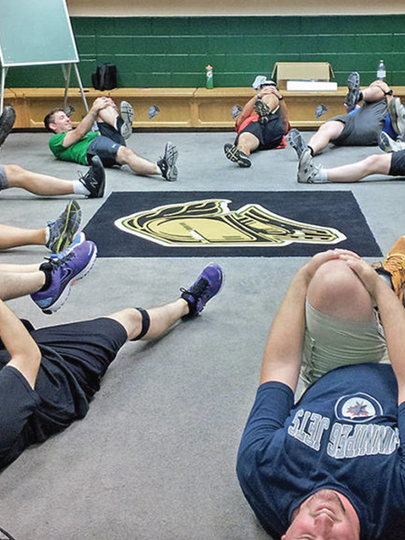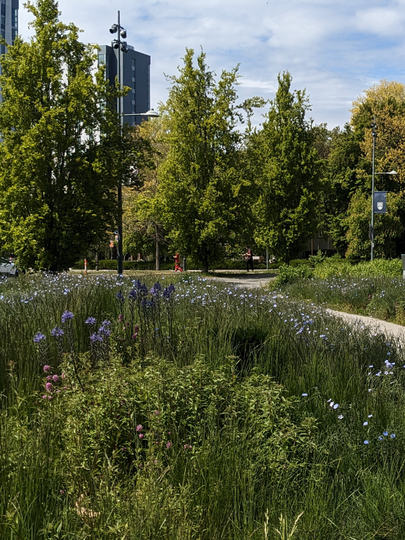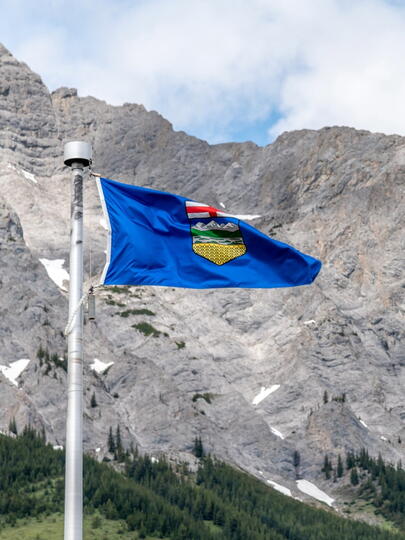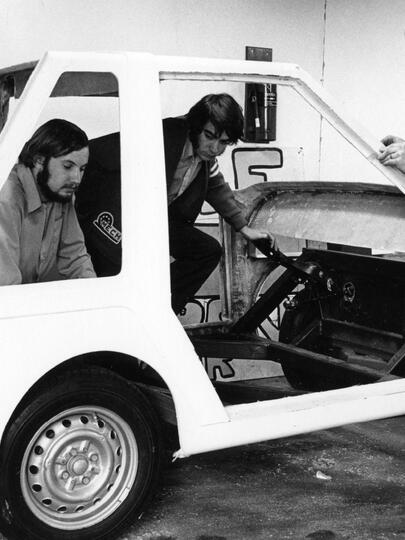3 things you can do while job searching after graduation
The COVID-19 pandemic has changed our lives in many ways, including the world of work. Whether you graduated university in the past year or the past month — congratulations! — it is still possible to celebrate this achievement and pursue your next steps.
Job searching during this pandemic may take longer, and you may have to change plans and take a slight detour; however, you don’t need to give up your career ambitions. You can still pursue your ambitions in the long term while adjusting your expectations in the short term.
Here are three things you can do to build skills and a network while working towards your first job after graduation.
1. Apply for “survival” jobs
If you need a job right away to pay for your expenses, consider applying for “survival” jobs. Survival jobs are temporary employment one may take to make ends meet, such as a retail or food services position. You may think that these jobs could jeopardize your career prospects in the long term. However, some employers prefer to hire people who are currently working, even in jobs outside their industry.
You don’t get just one shot to reach your dreams, and your first job after graduation won’t define your future. Research shows that careers are not linear, and the experiences and skills you gain from different experiences can be carried over to future jobs.
So, go ahead and take a survival job, and make the most of this experience. This job can help you:
- Identify new areas of interest
A new job may open your eyes to other types of work and industries you weren’t familiar with before. By seizing the opportunity to try something new, you can learn more about yourself and discover a career path you might like to pursue. Your degree may be the ticket you need to move to an entry-level role within your new industry. Leverage transferable skills like critical thinking and communication that you learned from your time at UBC. - Learn new skills for your next job
You can learn new skills from any job. Focus on building your soft skills while working survival jobs, because these are the skills you can talk about in future job interviews. Having difficult conversations with a co-worker, calming an angry customer, or having to think on the spot are stories employers like to hear in job interviews. - Build your network
You will work with different people from various backgrounds who have an entire network of their own. Take the time to get to know your co-workers, as they may be able to introduce you to hiring managers via their connections. Remember that networking is a two-way street, and that you may be in a position to help others as well. Additionally, if you work with customers, you can take advantage of your interactions with them to tap into their networks, when appropriate.
2. Pivot to a different sector
If the industry you were hoping to find employment with took a hit during the pandemic, you may decide to pivot to a different sector. Remember, your first job doesn’t need to be a perfect match with your academic discipline. Do your homework to identify industries that are still hiring during the pandemic.
For instance, if you were hoping to land a job in sales or marketing, you may find out through your research that organizations in industries you hadn’t previously considered are hiring for these roles.
Additionally, don’t let job postings with extensive requirements stop you from applying for these positions. As a rule of thumb, if you have 49% of the job requirements for a position you are genuinely interested in, put in your application. Employers will never find a candidate that will check all the requirements, and they may be willing to train the right candidate.
3. Develop new skills
You may decide to take time after graduation to develop new skills. There are a lot of free short-term courses available out there. Sites like Coursera, Udemy, edX and Udacity are good places to start.
Before deciding which course to take, especially if you are considering paying for it, ask for advice. Use LinkedIn to identify people who have jobs you are interested in and ask for their opinion on which course to take to attract employers’ attention. Another tip is finding alumni from these programs, and asking how these courses prepared them for their current job and/or gave them an edge competing for jobs.
Another way to build skills and connections is by giving back to your community. You may consider volunteering for an organization you care about. If you haven’t worked before, volunteering is a good way to build references as well.
Whether you take a survival job, pivot within or outside of your industry, decide to volunteer or go back to school, all these experiences will bring new skills and increase your network. They will prepare you for your next challenge, as you continue to build your career.
As you move forward in navigating your job search during this pandemic, your career goals may change, and that is okay. Remember, careers are not linear. If the experiences you are having now are taking you in a different direction than you expected, and you are happy with your new choices, keep moving along. You can be an English major and decide to work in landscaping design for outdoor and gardening spaces, or have a Science degree and decide to be a social media strategist for a pharmaceutical company. You cannot control how the labour market is reacting to this pandemic, but you can be responsive to it and remember to celebrate your accomplishments along the way.
Resources
This article was provided by the Centre for Student Involvement & Careers, which offers a wide array of job search and career resources for UBC students and alumni. Learn about informational interviews, revamp your resume, or attend a career workshop.
































